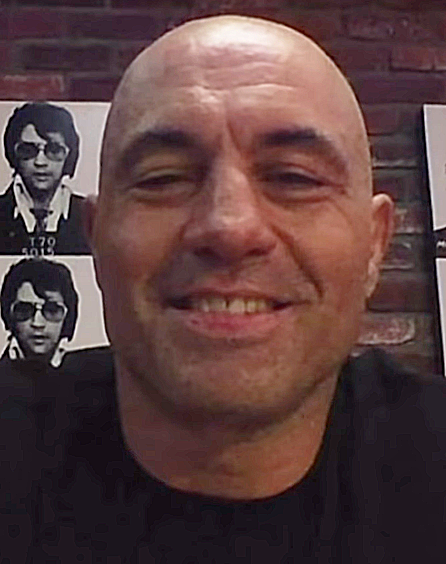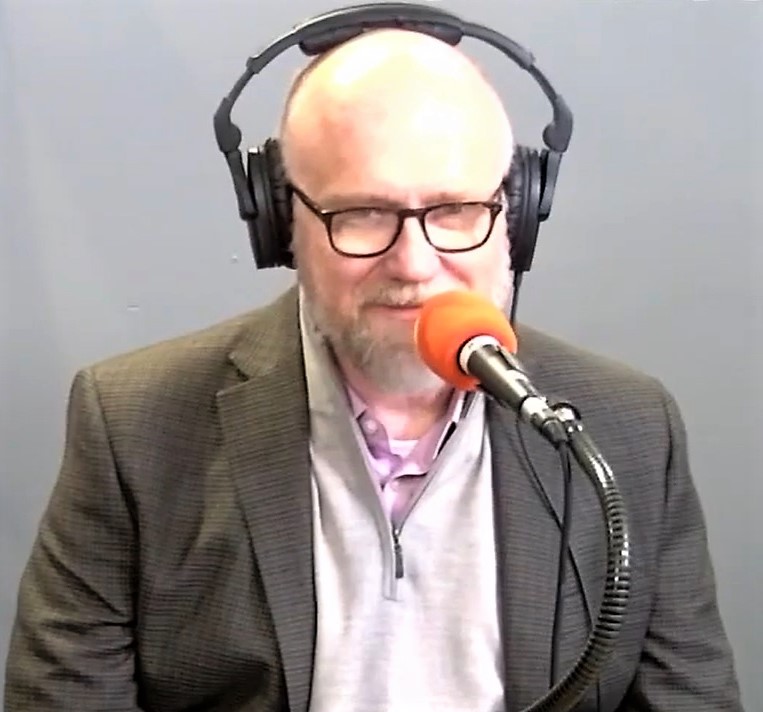
Remember when podcasts were a cozy corner of the internet? Full of niche talks and unsolved mysteries? Ah, the good old days. Before it all went full internet, that is. Now, it’s a multi-billion dollar industry. Raking in over $2 billion annually as of 2023, big money often brings big drama. Sometimes, that drama explodes from hosts. They can’t keep their “unpopular opinions” to themselves, turning a mic drop into a career implosion.
Podcasting has become the Wild West of modern media. Anyone with a decent mic and a bold take can achieve celebrity status. But here’s the kicker: immense popularity often brings epic self-sabotage potential. We’re talking moments when a podcaster’s brain checks out. Leaving their mouth to spew something unbelievably tone-deaf, offensive, or just plain stupid. Loyal listeners then suddenly recall the “unsubscribe” button.
So, buckle up, buttercups. We’re on a journey through podcasting’s digital graveyard. We’re not discussing minor slip-ups or bad pizza takes. We’re diving into colossal controversies and facepalm-inducing “unpopular opinions.” These didn’t just ruffle feathers—they scorched entire fanbases. They sent listeners running for the hills. These aren’t just stories; they’re cautionary tales. They prove a host’s ability to annihilate their reputation is unmatched.

1. **Mike Boudet and the ‘Preferred Victim Race’ Poll from Hell.**Oh, Mike Boudet. Where do we even begin with the host of “Sword and Scale”? This true crime podcast normally delves into grim subject matter. One might expect a nuanced perspective. Turns out, not so much. Boudet dropped a bombshell far worse than any crime detail: a profoundly tone-deaf internet poll. He asked: “When listening to a true crime podcast, what race do you prefer the murder victims to be?” Yes, you read that correctly.
The poll offered options like “white,” “Black,” and “Indigenous.” It immediately ignited a firestorm. Apparently, in Boudet’s twisted logic, victim preference is a normal consideration. Instead of apologizing, Boudet doubled down. He blamed “wokeness” and accused listeners of “feigning outrage.” He even suggested podcasts “no longer covering stories of white victims.” An opinion wildly detached from reality.
This wasn’t Boudet’s first rodeo. Allegations from 2019 included asking fans for photos and using a slur against women. Mike clearly excels at making headlines for all the wrong reasons. Add his threats of legal action against other podcast hosts. You’ve got a recipe for an audience exodus. It’s so dramatic, it could be its own true crime episode. Just, without the racist polling.
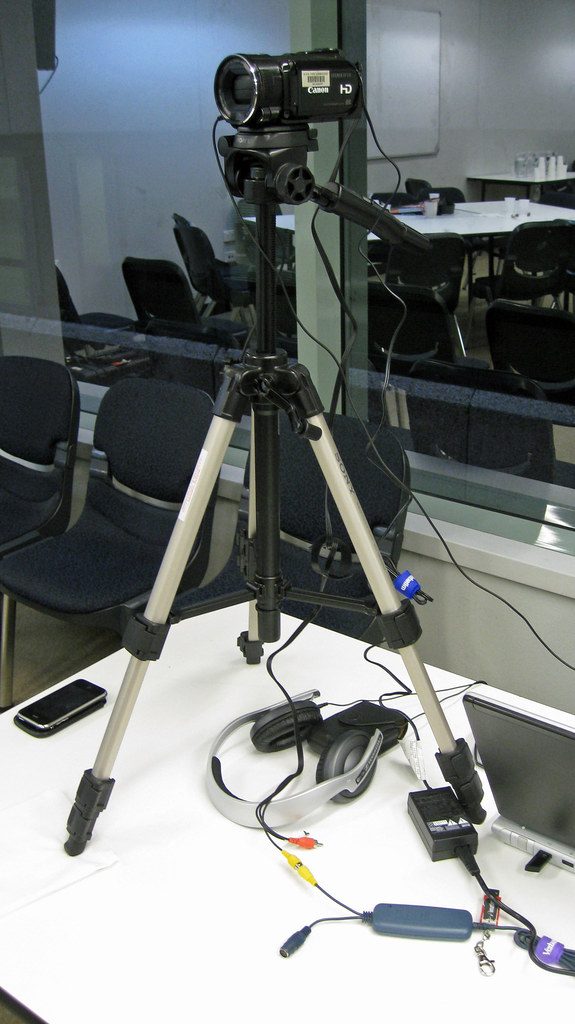
2. **”How Did This Get Played” and the Thanksgiving Turducken of Bad Ideas.**”How Did This Get Played,” a gaming review podcast, found itself in a spectacularly ill-conceived situation. Hosts Nick Wiger and Heather Anne Campbell planned an episode for Thanksgiving week. They invited Indigenous writer and comedian Joey Clift as their first Indigenous guest. So far, commendable, right? Well, prepare for the cringe.
Clift was asked to review “Custer’s Revenge.” This old Atari game allows players to ually assault Indigenous women for points. The audacity is staggering. Inviting an Indigenous guest to review a game glorifying ancestor assault, during Thanksgiving week? This level of tone-deafness deserves an award.
Joey Clift, however, refused to play along. He bravely used the platform. He educated Wiger and Campbell on historical atrocities. He explained the tokenizing nature of their invitation. The hosts issued individual apologies. They have since invited Clift back. Presumably for a less traumatizing gaming session. Hopefully, they now understand some “bad games” are irredeemably bad.

3. **Gallagher Storms Out of “WTF with Marc Maron,” Proving Some Comedians Are Just Bad Humans.**Marc Maron’s “WTF” podcast is famed for raw honesty. It features deep dives into entertainers’ lives. Sometimes, this leads to intensely awkward moments. None, however, quite as legendary as the 2011 interview with comedian Leo Gallagher. This wasn’t just awkward; it was a masterclass in self-immolation. All while Gallagher insisted he wasn’t an angry guy.
Gallagher already had a reputation for ist, racist, and homophobic remarks. He arrived with his charming personality intact. He immediately unleashed derogatory comments. These included asking if he could “pick on Arabs.” He also declared homosexuals “God’s joke.” Truly cutting-edge humor, making one ponder life choices.
As Maron pressed him, tension escalated. Gallagher, visibly irate, kept asserting his non-anger. This, of course, only made him seem angrier. The glorious trainwreck culminated in him storming out halfway through. A historical first (and only) for Maron’s show. Even in freewheeling podcasting, there’s a limit. Hateful “unpopular opinions” can send listeners—and guests—running.

4. **”How Did This Get Made” Jokes About #MeToo, Gets Burned By Basic Context.**The podcast “How Did This Get Made” celebrates bad movies. It finds humor in cinematic trainwrecks. Sometimes, the “bad” is off-screen. Hosts Paul Scheer, Jason Mantzoukas, and guest Jessica St. Clair stumbled into controversy. They made actress Janice Valdez the punchline of a joke, based on a photo she posted. The crucial detail? Valdez’s photo was captioned with the hashtag #metoo.
Instead of recognizing the hashtag’s profound significance, the hosts saw a “racy” photo. Valdez’s social media post captured her hurt. She pondered if she should “quit acting, or just be honored that these people even uttered [her] name.” Backlash mounted. It included body shaming accusations. One observer questioned if a “blonde haired, blue eyed, ‘traditional’ all American girl” photo would be “racy.”
The hosts quickly apologized. They removed the offending portion from the episode. Their defense? They claimed they were “unaware of the context.” This explanation itself drew fresh backlash. Many found it hard to believe #metoo context could be misunderstood. It’s a stark reminder. Even celebrating bad art, empathy and situational awareness prevent your own content from becoming the next “bad movie.”

5. **”Serial” and the Uncomfortable Truth: When True Crime Becomes Entertainment, and Victims Disappear.**
“Serial” redefined investigative journalism. It became a global sensation. Its first season, exploring Hae Min Lee’s murder, captivated millions. It turned armchair detectives into a phenomenon. However, immense popularity often brings ethical quicksands. “Serial” unwittingly entered one. Not through its reporting, but through the very nature of true crime’s consumption.
The controversy wasn’t a narrative flaw. It was a heartbreaking consequence: murder’s fetishization. Victims’ humanity often vanished in the pursuit of a “good story.” Hae Min Lee’s younger brother, understandably, took issue. He hated how his sister’s murder was perceived by the audience. His social media post starkly conveyed his family’s pain.
He wrote: “To me, it’s real life. To you listeners, it’s another murder mystery, crime drama, another episode of CSI.” This statement highlighted the chasm. It showed the gap between family tragedy and detached entertainment. His frustrations, as clarified, weren’t about “Serial’s” portrayal. They focused on how her death was “glorified for the sake of entertainment” by listeners. A sobering reminder of heavy responsibility.
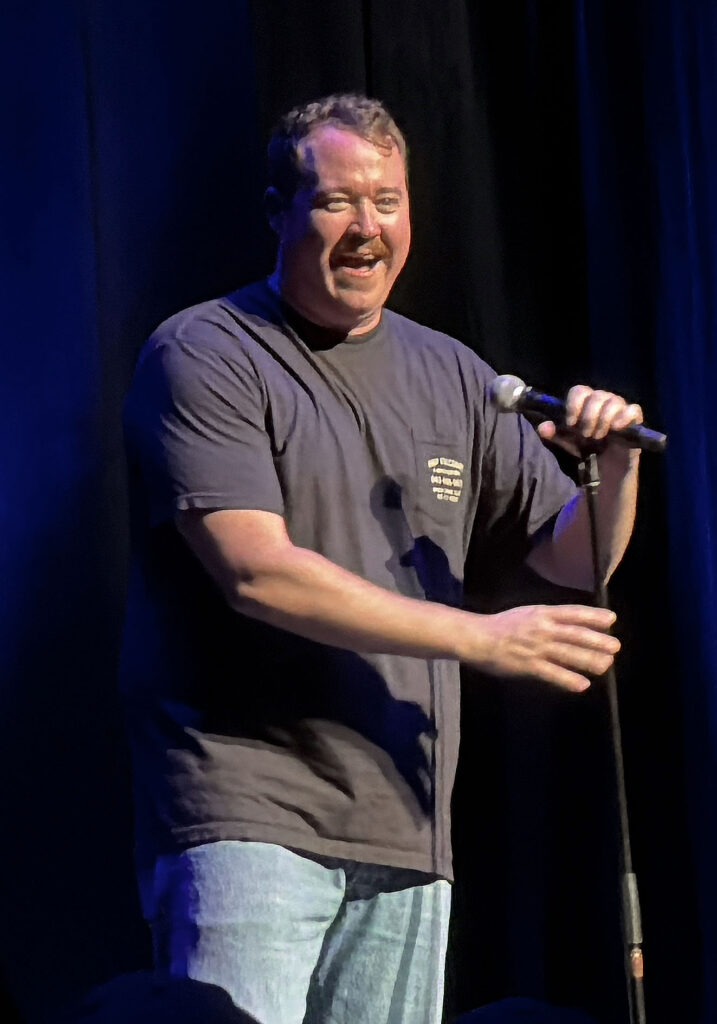
6. **Shane Gillis: “Secret Podcast” Reveals Less-Than-Secretly Offensive Opinions, Costs Him an “SNL” Gig.**
For fans of “Matt & Shane’s Secret Podcast,” the comedy probably felt wild. For Shane Gillis, that ride often veered into deeply offensive commentary. It proved some “secret” podcasts shouldn’t be so secret. Gillis was famously booted from “Saturday Night Live” due to racist and homophobic remarks. Yet, he continued showcasing these “unpopular opinions” on his own platform.
The controversial comedian had a particular affinity for derogatory slurs. He used offensive accents to mimic Chinese people. Nothing screams “peak comedy” like thinly veiled xenophobia. Not content to offend just one group, he sprinkled in homophobic language. He referred to “unfunny” comedians with gay slurs. It’s almost as if he was collecting problematic stereotypes.
When confronted, Gillis didn’t back down. His non-apology was a masterpiece of deflection. He stated, “I’m happy to apologize to anyone who is actually offended by anything I’ve said. My intention is never to hurt anyone but I am trying to be the best comedian I can be and sometimes that requires risks.” Apparently, slurs are a “risk” for “best comedians,” not a failure of actual joke-writing. This “unpopular opinion” cost him a job and alienated many.

7. **”Crime Junkie” Gets Busted: When Your “Deep Dives” Turn Out to Be Shallow Copies.**”Crime Junkie,” the true crime podcast by Ashley Flowers and Brit Prawat, exploded in popularity. Listeners flocked to their “informed, humorous, conversational style.” They offered deep dives into grim criminalities. A successful podcast, needing “a tight script,” should demand ironclad originality. Yet, their “unpopular opinion” on attribution led to a plagiarism scandal. It sent ripples through podcasting.
The first accusation came in 2019. Arkansas Democrat-Gazette journalist Cathy Frye called out Flowers and Prawat. She stated, “You relied on my series about Kacie Woody to air your podcast.” Frye added, “At one point, you quoted a portion of MY copyrighted story almost verbatim.” “Almost verbatim” is hard to spin. Frye questioned their diligence in citing sources, a basic journalistic pillar.
Then, the floodgates opened. Others alleged “Crime Junkie” lifted material. From Reddit forums, “Investigation Discovery” episodes, and other podcasters. A veritable smorgasbord of uncredited content. Ashley Flowers claimed sources were cited on their website. But she admitted to “pull[ing] several episodes whose citations she said were lacking or out of date.” Nothing says “above board” like quietly removing evidence. Originality matters. Audiences dislike shallow copies.
Now, if you thought those first seven entries plumbed the depths of podcasting folly, congratulations! You clearly haven’t spent enough time in the internet’s grungier corners. Because, as our journey continues, we’re diving into the aftershocks and unsubscribes—unpacking eight *more* infamous podcast scandals where hosts’ words (and actions) didn’t just ruffle feathers, they ignited entire wildfires. From admissions that redefine ‘cringe’ to accusations of hypocrisy, alleged misconduct, and the ongoing saga of misinformation, these are the tales that cemented these podcasters’ places squarely on the ‘unsubscribed’ list.

8. **David Choe Makes a Jaw-Dropping Admission (That He Later Called a Joke).**Actor and street artist David Choe, a man who has apparently dabbled in more careers than most people have shoes, also had a podcast called ‘DVDASA.’ Co-hosted with adult film actress Asa Akira, it was, by all accounts, a delightfully filthy and conversational lifestyle chat that ran for over 100 episodes. However, in 2014, Choe decided to add a dash of controversy to the recipe, serving up a story that went down about as well as a turducken at a vegan Thanksgiving.
Choe recounted a story on the podcast where he described engaging in behavior with a massage therapist that he himself termed “rapey.” He then, with a flourish, went on to describe himself as a “successful rapist.” Yes, you read that correctly. A “successful rapist.” If ever there was a phrase designed to send every single listener sprinting for the ‘unsubscribe’ button, that was it. The backlash was, predictably, immediate and immense.
Initially, Choe’s defense was a masterclass in ‘oops, did I say that out loud?’ He claimed the story was entirely fabricated, a joke, not true at all. Fast forward to 2023, when Choe appeared in the hit Netflix series ‘Beef,’ and the ghost of ‘DVDASA’ came knocking. This time, his apology evolved from a lukewarm “I’m sorry if anyone believed that the stories were fact” to a slightly more palatable, if still legally-minded, “Though I said those words, I did not commit those actions. I am deeply sorry for any hurt I’ve brought to anyone through my past words. Non-consensual is rape and it is never funny or appropriate to joke about.” Too little, too late for many.

9. **Adam Friedland’s Famous Guest Gets Shockingly Racist.**Comedian and podcaster Adam Friedland has built his entire brand on courting controversy with his popular ‘The Adam Friedland Show.’ You might say it’s his bread and butter, a cynical wink to the audience that says, “Yeah, we’re going there.” But in February 2023, even for Friedland, things went a little… *further* than usual, thanks to a sit-down with Matty Healy, the ever-charming frontman for The 1975. The segment quickly spiraled into a masterclass of cringe-inducing insensitivity.
During a discussion about rapper Ice Spice, Friedland and his co-host Nick Mullen, with Healy enthusiastically engaging, made a few “choice” and racially insensitive remarks. Because, apparently, nothing screams cutting-edge humor like punctuating these with mocking, stereotypical renditions of non-American accents. But wait, it gets better (or significantly worse). Healy then took the microphone and, for reasons that escape all rational human comprehension, encouraged the hosts to imitate Japanese people laboring in concentration camps. Just, you know, for laughs.
Unsurprisingly, the podcast episode was swiftly pulled from major streaming services after the internet collectively gasped, then screamed. Friedland and Mullen, opting for the dignified silence of someone who just realized they stepped in something awful, clammed up. Healy, however, decided to treat the entire incident like a minor inconvenience during a New Yorker profile. His contrition was non-existent.
Healy’s response to the interviewer’s suggestion that perhaps his actions *did* matter was a pure, unadulterated gem of self-serving delusion: “It doesn’t actually matter. Nobody is sitting there at night [worrying about it].” And when pressed further, he doubled down with, “If it does, you’re either deluded or you are, sorry, a liar. You’re either lying that you are hurt, or you’re a bit mental for being hurt.” So, there you have it, folks: if you were offended by thinly veiled racism and concentration camp jokes, you’re just “a bit mental.” Good to know.
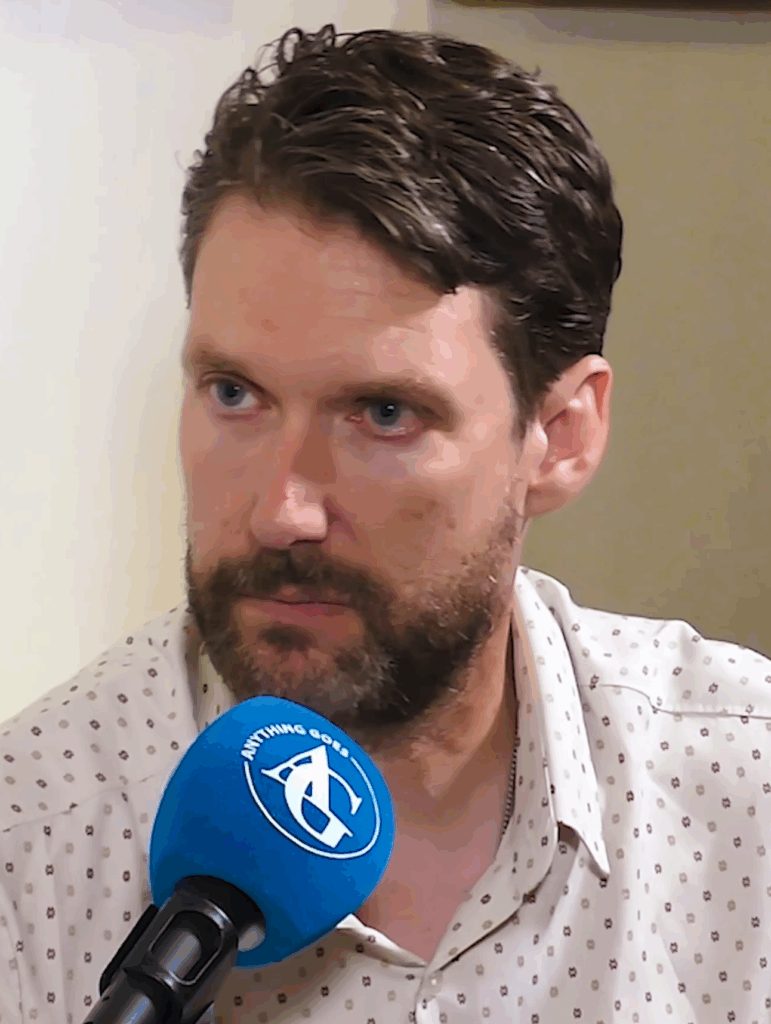
10. **Billy Jensen Accused of Sexual Misconduct, ‘Murder Squad’ Suddenly Goes Quiet.**Billy Jensen, true crime author and podcast host, was, by all accounts, a big name in the world of unsolved mysteries and serial killers. Co-hosting ‘Murder Squad’ with retired homicide detective Paul Holes – a duo so formidable they helped bring down the infamous Golden State Killer – Jensen seemed untouchable, a beacon of justice in the digital realm. His contributions to the bestselling book ‘I’ll Be Gone in the Dark’ further cemented his cred. So when ‘Murder Squad’ abruptly vanished after a successful three-season run in May 2022, fans were naturally surprised, then horrified, as the real reasons spilled out.
The bombshell dropped in June: fellow podcaster Jenn Tisdale came forward with detailed allegations that, during what was initially a consensual encounter, Jensen had been ually abusive toward her. And as often happens when one brave person speaks, others found their voice. Soon after Tisdale’s revelation, multiple women began reaching out to her, sharing their own harrowing experiences with Jensen. It was no longer an isolated incident; it was a pattern.
The digital pile-on continued as others acquainted with Jensen weighed in. Author Paul Haynes, another contributor to Michelle McNamara’s book, took to Reddit to absolutely *drag* Jensen, accusing him of having a questionable character and dismissing his responses to the allegations as “lies, omissions, and false contexts.” Jensen, meanwhile, engaged in the classic celebrity damage control playbook, accusing his accusers of a “smear campaign.”
While he largely denied wrongdoing in an interview with Rolling Stone, Jensen did make one notable admission: he was entering rehab to address alcohol misuse and mental health issues. A conveniently timed revelation, some might say, as the allegations continued to swirl. ‘Murder Squad’ remained canceled, a stark reminder that even true crime heroes can have their own dark secrets.

11. **’Reply All’ and ‘The Test Kitchen’ Accused of Hypocrisy: When Your Podcast About Toxic Workplaces Becomes a Toxic Workplace.**
‘Reply All,’ begun in 2014 by public radio veterans Alex Goldman and P.J. Vogt, carved out a niche as the podcast about “the internet’s most interesting stories.” At its peak, it boasted four million active listeners, delving into the strange ins and outs of our digital lives. In 2021, the podcast announced an ambitious spin-off series, ‘The Test Kitchen,’ hosted by ‘Reply All’ senior reporter Sruthi Pinnamaneni. The goal? To expose the toxic work environment and racist hiring practices at the iconic food publication ‘Bon Appétit.’ The irony, as it turned out, would be thicker than a three-layer cake.
Initially, ‘The Test Kitchen’ was a smash, garnering critical acclaim for its investigative journalism. But then came the plot twist no one saw coming (except, perhaps, the employees). In March 2021, reports emerged that employees at Gimlet Media, the parent company for both podcasts, had come forward with accusations that Vogt and Pinnamaneni were fostering the *exact same toxic work environment* at Gimlet that they were supposedly exposing at ‘Bon Appétit.’ Talk about a meta-controversy.
Eric Eddings, a Gimlet employee and host of ‘The Nod’ podcast, didn’t pull any punches. He took to X (formerly Twitter) to publicly call out Vogt and Pinnamaneni, stating they had “actively and AGGRESSIVELY worked against multiple efforts to diversify Gimlet’s staff [and] content,” and had even tried to quash unionization efforts at the company. The whole situation reeked of hypocrisy, like a health guru caught chain-smoking.
The backlash was swift and decisive. Alex Goldman released an apologetic statement, P.J. Vogt took a leave of absence that ultimately became permanent, and the flagship ‘Reply All’ podcast ended its run in June 2022. It was a spectacular implosion, proving that when you shine a light on others’ bad behavior, you’d better make damn sure your own house is in order. Otherwise, your “unpopular opinion” becomes a very public display of professional suicide.

12. **Rukmini Callimachi and The New York Times Falls Victim to a Fraudster.**In 2018, ‘The New York Times’ and its star reporter Rukmini Callimachi launched ‘Caliphate,’ a podcast with a premise so compelling it practically guaranteed a Peabody Award (which it won, by the way). It detailed the true story of a Canadian man who supposedly traveled to Syria, became a fearsome ISIS executioner, then somehow changed his ways and escaped back to Canada. It was an in-depth, fascinating look at how an average Westerner could embrace radical Islamic terrorism. There was just one teeny, tiny, *gigantic* problem: virtually none of it was true.
The podcast was a sensation, captivating audiences with its thrilling, albeit deeply disturbing, narrative. It was hailed as groundbreaking journalism, offering unprecedented insight into the minds of terrorists. Until 2020, when the whole house of cards collapsed. The ‘Times’ was forced to retract almost the *entirety* of ‘Caliphate’ when its subject, Shehroze Chaudhry, was found to have fabricated his entire story out of thin air. Turns out, ISIS executioners aren’t as common as podcast subjects would have you believe.
Canadian authorities even criminally charged Chaudhry for the hoax, citing the implicit threat of terrorism his lies carried. Though these charges were later dropped when it was determined there was no factual basis for them, Chaudhry admitted his mistake, with his attorneys quaintly blaming it on “immaturity and a craving for attention.” Yes, fabricating a terrorist past is just a normal teenage phase.
‘Times’ executive editor Dean Baquet, naturally, had some serious journalistic egg on his face. During an interview with NPR, he offered this gem of self-reflection: “I think we were so in love with [Chaudhry’s story] that when we saw evidence that maybe … he was making some of it up, we didn’t listen hard enough.” In other words, they were so blinded by a good story, they ignored the giant red flags. Another “unpopular opinion” (or, in this case, a fabricated narrative) costing credibility.

13. **’Last Podcast on the Left’s’ Ben Kissel is a Little Troubled.**’Last Podcast on the Left,’ a true crime and conspiracy theory podcast, built a massive following on the strength of its hosts’ deep dive knowledge and their authentic “old friends talking” vibe. Begun in 2011 by producer Marcus Parks and comedian Ben Kissel (later joined by Henry Zebrowski), the show evolved from a Spotify exclusive to a SiriusXM powerhouse. But in 2023, the good vibes hit a major snag when one of those “old friends” turned out to be less-than-charming off-mic.
In September of that year, Parks and Zebrowski announced to their audience that Kissel would be taking a hiatus. The reason? To focus on his physical and mental health, which the co-hosts admitted they had been concerned about for a while. A seemingly empathetic and supportive move, right? Well, the internet, as it always does, started connecting some very uncomfortable dots.
Around the same time, one of Kissel’s ex-girlfriends made a TikTok post (since deleted, but the internet never forgets) mentioning that one of her exes, who happened to be a podcaster, was an alcoholic who had been physically violent and verbally abusive toward her. While she never mentioned Kissel by name, the timing and context were, shall we say, rather suggestive. Fans, being the diligent detectives they are, quickly put two and two together.
The writing was on the wall, or rather, on the Instagram post. In October, ‘Last Podcast on the Left’ officially announced that Kissel had departed for good. It was a quiet exit for a loud personality, a cautionary tale that the private lives of public figures, especially those dealing with grim subject matter, have a way of catching up to them. Sometimes, the “unpopular opinion” isn’t spoken on the mic, but whispered about offline.
14. **Joe Rogan: A Walking Controversy Magnet.**Joe Rogan is less a podcaster and more a force of nature. His show, ‘The Joe Rogan Experience,’ is one of the most popular podcasts in existence, which means for every fan, he probably has an equal number of detractors. Why? Because Rogan absolutely refuses to be pigeonholed. He’s not exactly a liberal, but he loves Michelle Obama. He’s not a conservative, but he’ll happily take right-leaning stances on, say, LGBTQ+ issues. This delightful defiance is what endears him to his base, but also what constantly lands him in the deep end of the controversy pool.
Take, for instance, his glorious foray into COVID-19 misinformation. Rogan became the de facto megaphone for debunked vaccine skeptics and championed pseudoscientific “treatments” like Ivermectin, a horse de-wormer. While millions tuned in for his unvarnished takes, doctors and public health officials collectively facepalmed. It was a masterclass in giving a massive platform to opinions that were, shall we say, *dangerously* unpopular with the scientific community.
But Rogan’s “unpopular opinions” haven’t stopped at public health. During the intense scrutiny surrounding his COVID takes, his unfortunate, troubling history of using a certain racial slur on his show resurfaced. Often, he’d use it in the context of questioning why it’s okay for Black comedians to say it, but not white ones (a true classic of the genre). It’s the kind of logic that makes your brain do a double-take, then spontaneously combust.
Rogan has issued apologies for both of these controversies, because even a man who embraces “controversial” knows when to perform a mea culpa. If these incidents have hurt his stock, it’s certainly not evident from the Spotify podcast charts, where ‘The Joe Rogan Experience’ remains firmly among the top-rated series. Apparently, for some, the messier, the better.
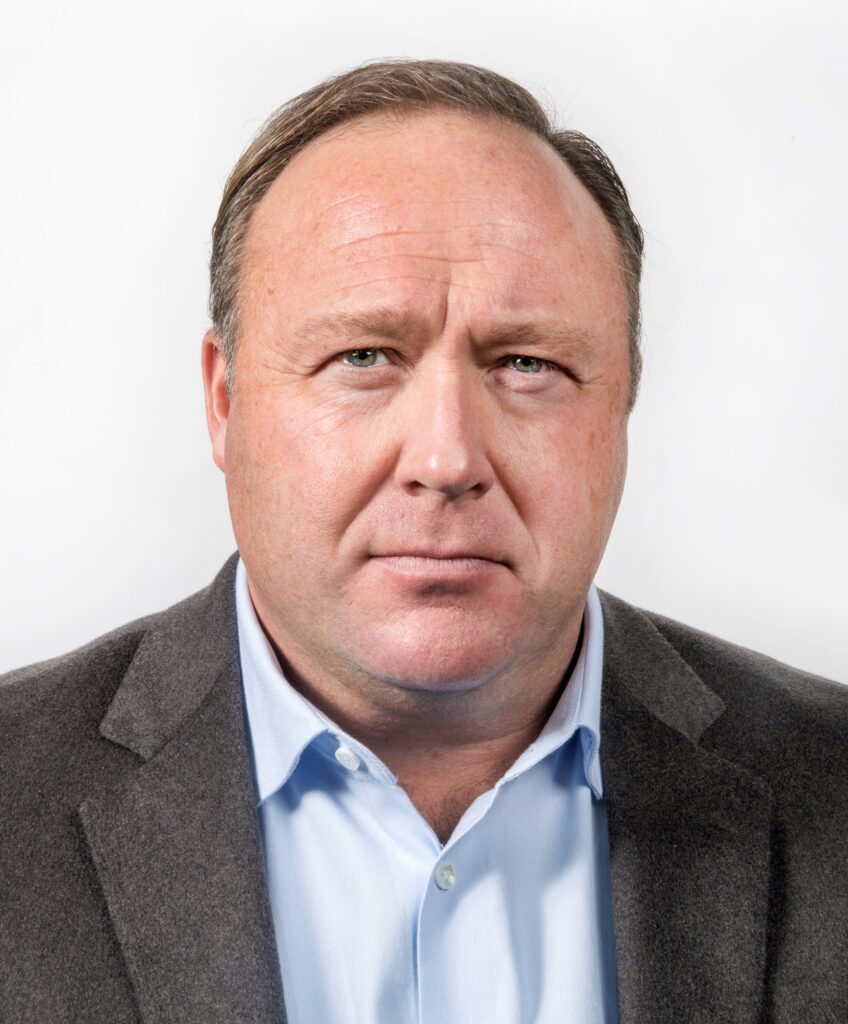
15. **Alex Jones Banned and Hauled into Court for Spreading Misinformation.**Alex Jones, the founder of the conspiracy theory website Infowars and host of a podcast bearing his name, has always operated in a reality distortion field. Since his rise to public figure status, Jones has trafficked in stunningly blatant misinformation with a paranoid, right-wing bent. We’re talking claims that 9/11, the Gabby Giffords shooting, and the Boston Marathon bombing were all “deep state” plots or “false flags” designed to usher in a nefarious left-wing takeover. The man literally oozes “unpopular opinions” that are actually just unhinged lies.
However, one particular theory, even for Jones, transcended the realm of mere delusion and plunged directly into the abyss of depravity. His assertion that the 2012 Sandy Hook Elementary School shooting was a fake, and that the grieving parents were nothing more than paid “crisis actors,” crossed every conceivable line of human decency. It was a vile, grotesque lie that caused unimaginable pain to real families.
Unsurprisingly, a group of Sandy Hook parents, having endured years of harassment and threats fueled by Jones’s monstrous claims, filed a series of defamation lawsuits against him. As Spotify scrambled to pull offending episodes of Jones’s podcast (a little late to the party, perhaps), Jones was hauled into court on multiple occasions. And answer he did, with juries in Texas and Connecticut ordering him to pay a combined total of nearly $1.5 billion to the victims’ families. That’s a lot of money for “free speech.”
To absolutely nobody’s surprise, as of late 2023, Jones has yet to pay a dime. Despite filing for bankruptcy in December 2022, he’s reportedly spending nearly $100,000 monthly on personal expenses. It seems that while “unpopular opinions” can cost you everything, actually *paying* for the damage they cause is an entirely different battle. Jones cemented his legacy not just as a conspiracy theorist, but as a cruel, unrepentant purveyor of agony.
And there you have it, folks. A grand tour through the digital graveyard of podcasting, where once-lauded voices stumbled, fell, and sometimes, spectacularly imploded. These aren’t just sensational headlines; they’re cautionary tales, stark reminders that the power of a microphone comes with the weight of responsibility. In an industry where everyone has a voice, it turns out that some opinions are just too unpopular—or too downright destructive—to survive. So next time you hit ‘play,’ remember: a bad take isn’t just a bad take; it could be the start of a whole new scandal.

